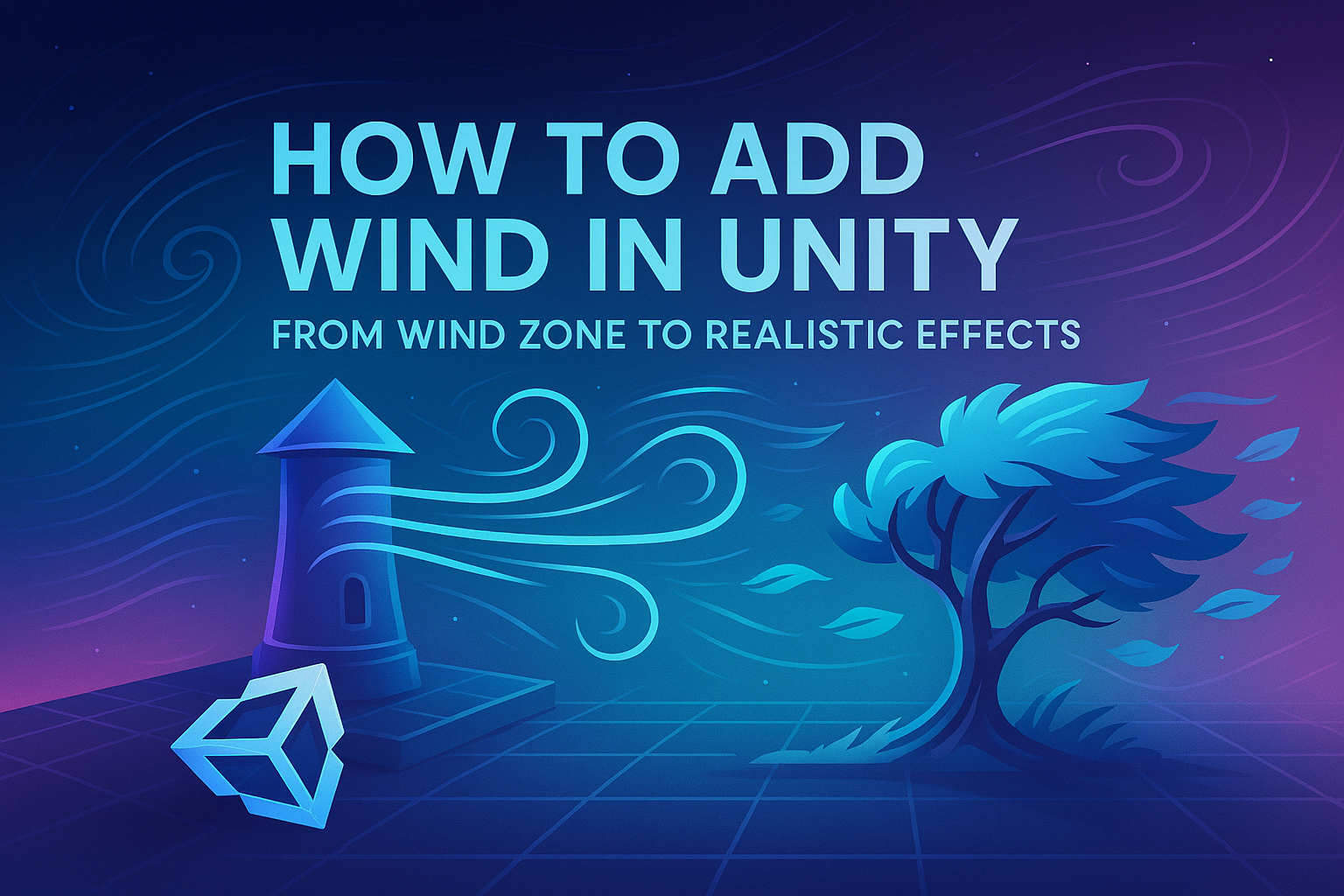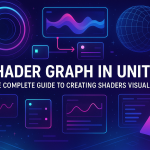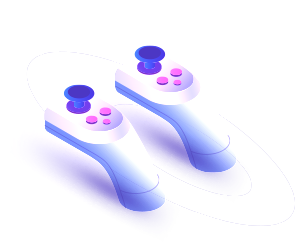How to Add Wind in Unity: From Wind Zone to Realistic Effects
20 Jul 2025

In Unity, creating wind is a way to add a sense of a living world to a scene, where the environment reacts to the movement of air: trees sway, leaves sway, flags flutter. The main tool for implementing wind effects in Unity is the Wind Zone component, which simulates air flow affecting objects, especially vegetation from the Terrain System or elements with physical components.
To add wind to a scene, simply create an object via GameObject → 3D Object → Wind Zone. A directional arrow will appear on the scene — this is a visual representation of the wind direction. The key parameters are available in the Wind Zone object inspector:
– Mode — determines the type of wind:
• Directional — the wind blows in one direction throughout the scene.
• Spherical — the wind diverges in all directions from the center, creating the effect of a local air flow (for example, from an explosion or a fan).
– Wind Main — the main strength of the wind, affecting the intensity of movement (a value from 0 to 1 and higher for strong wind).
– Wind Turbulence — how much the wind will sway. A higher value adds chaos.
– Wind Pulse Magnitude — the amplitude of the wind pulsation, gives the wind "breathing", it becomes uneven.
– Wind Pulse Frequency — the frequency of these pulsations.
Visually, the wind is most effectively manifested on objects that have a vegetation shader, such as trees created using the Tree Editor or added via Terrain. They automatically perceive the wind from the Wind Zone, and the branches begin to sway. If you use SpeedTree, these assets also support wind by default, including various levels of mobility: from the trunk to the foliage.
However, to make the wind noticeable not only on trees, but also on other objects, you need to add a physical reaction. For example, for realistic reactions of a flag or fabric, you can use the Cloth component. A plane (or grid) is created, to which the Cloth component is added, in it you can specify the parameters of the vertex mobility, set gravity, rigidity and enable the influence of the wind. In this case, Wind Zone will start to affect this object as well. It is also important that Cloth has the Use External Acceleration checkbox checked and the Random Acceleration option is active, which will create the appearance of random gusts.
If you want leaves or small objects in the scene to fly away from the wind, you can add a Rigidbody to them, and implement the wind itself through a custom script that creates force in a certain direction. For example:
public class WindForce : MonoBehaviour
{
public float force = 10f;
public Vector3 direction = Vector3.forward;
void OnTriggerStay(Collider other)
{
if (other.attachedRigidbody != null)
{
other.attachedRigidbody.AddForce(direction.normalized * force);
}
}
}
This code can be placed on an object with a Collider set as a Trigger, and it will "blow" onto objects with physics inside the area of effect.
For a more visual effect, it is useful to add a Particle System, which simulates flying leaves, dust, or even rain moving in the direction of the wind. In the Particle System settings, you can set Force over Lifetime or Velocity over Lifetime to make the particles move in the desired direction. If you want the wind to be variable, you can animate the Wind Zone parameters using Animation or change them with a script during the game.
In URP and HDRP projects, wind effects can be extended using shaders that support wind animation, especially for custom grass and materials. For example, in Shader Graph, you can set the vertex oscillations using a sine function depending on the time and direction of the wind.
So creating wind in Unity is a combination of the Wind Zone, suitable assets, and, if necessary, custom solutions through physics and visual effects. It can be used to add liveliness, atmosphere and dynamics to the game, especially in open worlds, forests, fields or post-apocalyptic locations with howling wind.
Related games
Jungle Cars Trip Multiplayer - Invite your friends!
Game: Perform tasks and rest cool. 2145 people play!
Play gameElectron in the transistor-resistor kingdom
Game: Perform tasks and rest cool. 2552 people play!
Play gameRelated news
Shader Graph in Unity: The Complete Guide to Creating Shader...
Shaders are an essential part of any graphics-intensive application. Traditionally, shaders in Unity were created using...
Read moreShaders in Unity: History, Basics, and Creating Realistic Ef...
Shaders in Unity are a vital part of the visual design of games and applications, and understanding their principles ope...
Read moreOne Material - Many Textures: A Guide to Texture Array in Un...
Texture atlases and Texture Array in Unity are powerful tools for optimization and flexibility when working with texture...
Read more




